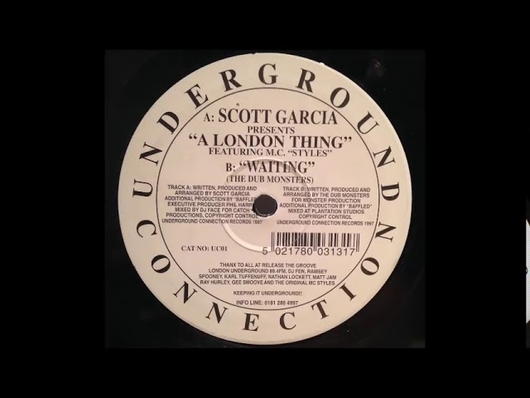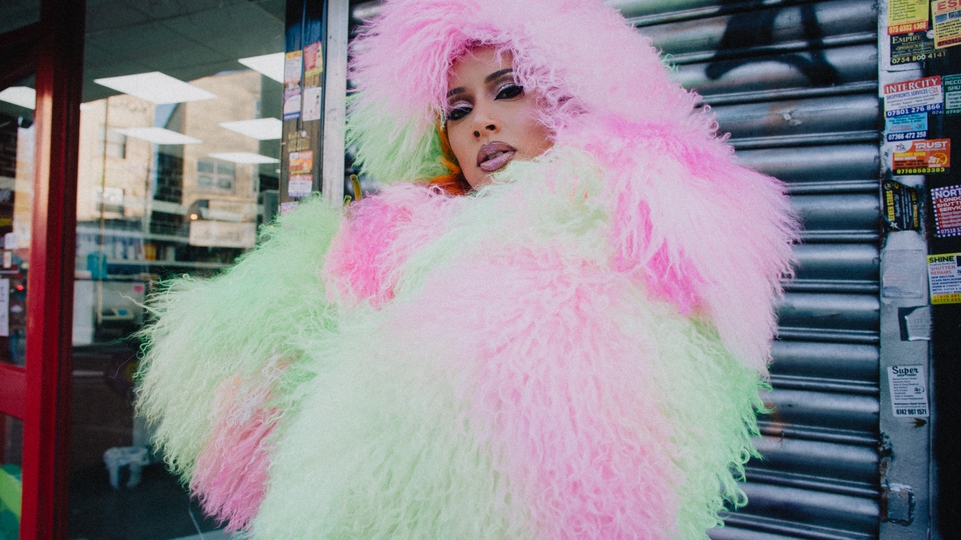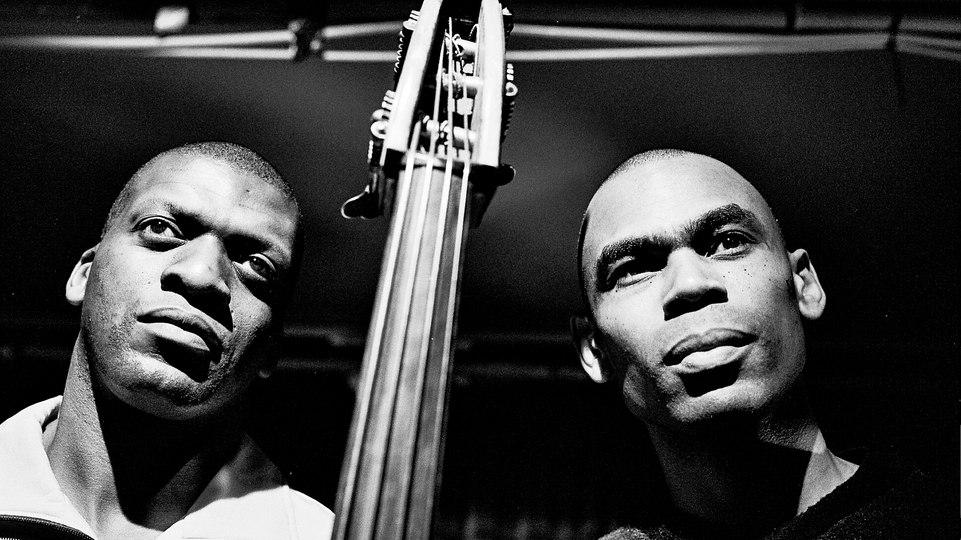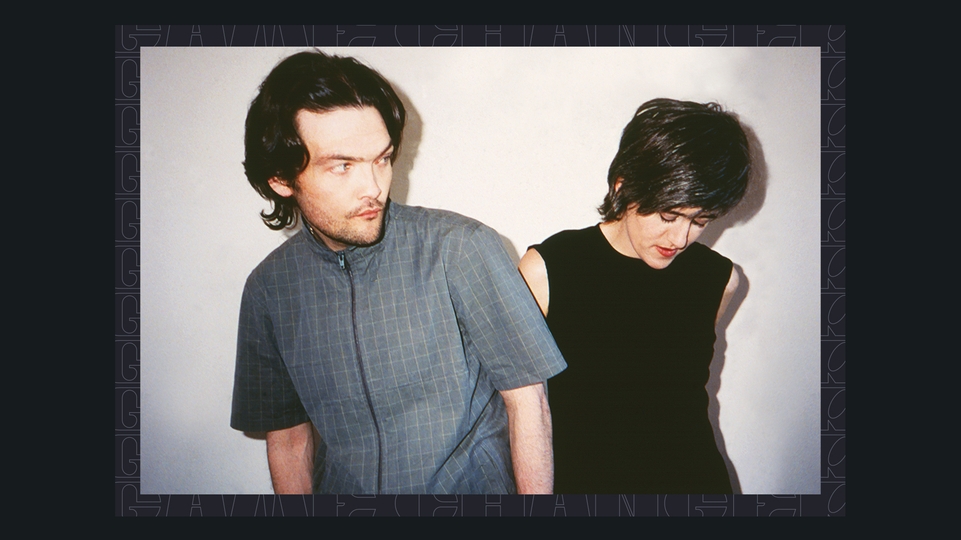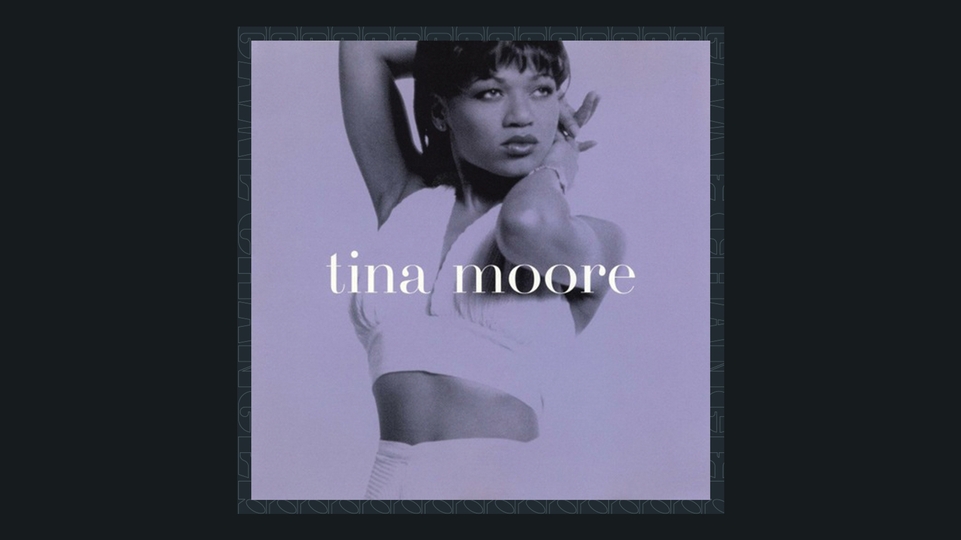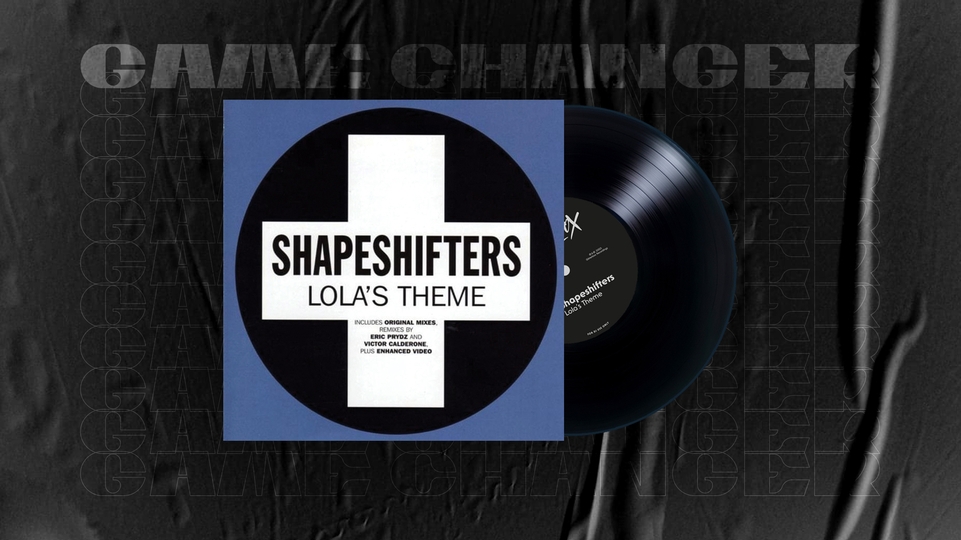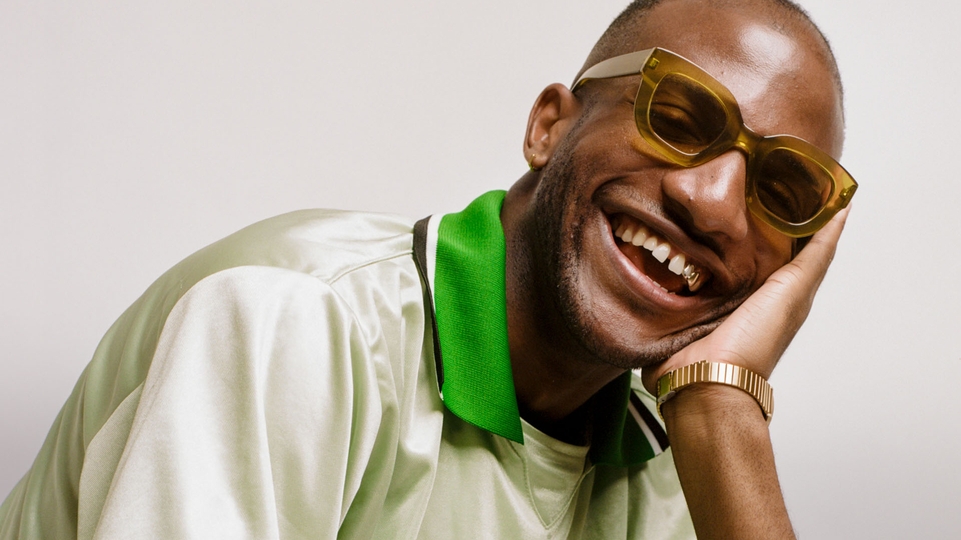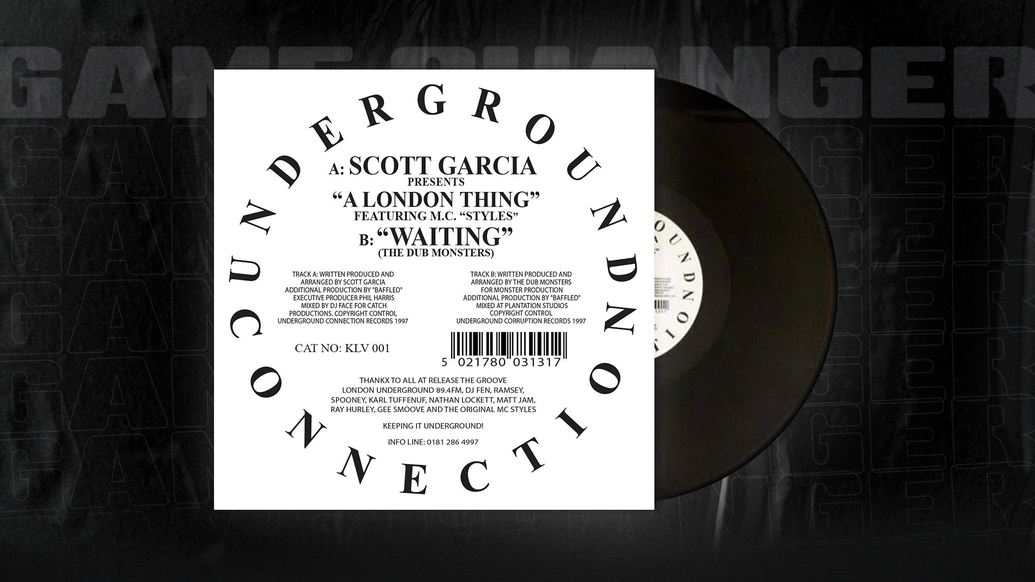
How Scott Garcia's 'A London Thing' became an era-defining UKG anthem
UK garage pioneer Scott Garcia released ‘A London Thing’ in 1997 as a kind of signature track for the burgeoning scene. For this month's Game Changer, Rob McCallum speaks to the DJ/producer to learn the story of an enduring UKG anthem
When Scott Garcia's ‘A London Thing’ was released in November 1997, it shot an arrow through the heart of a generation of clubbers in the midst of falling in love with UK garage. Built around dusty, distorted, shuffling drums, a warped, dropping bassline, bouncing organ stabs and the chopped-up vocals of MC Styles — which claimed the sound as London’s own — it also gave unlikely birth to an artist that would have a long-lasting impact on what the UK garage scene sounded like over the following half-decade (and beyond).
Peaking at No. 29 in the UK Singles Chart when it was released — almost unheard of for a garage track at the time — its relevance has been renewed in the last few years, as UK garage has blown up internationally, with dedicated scenes cropping up in Japan, Norway, the Netherlands, Germany, Australia, India and the US. The success of artists like Garcia around the turn of the Millennium laid the foundations for the sound to become more than just a London thing.
Only the third release a teenage Garcia made in the studio, to tell the story of ‘A London Thing’ we have to rewind to the early ‘90s, when he got his earliest exposure to electronic music by going to drum & bass raves like Orange at Camden Palace and those held at Lazerdrome in Peckham. Born in Tooting and growing up in Wimbledon, Garcia also used any spare money he had at the time to buy records from shops around London. By the mid ’90s, he had decided — along with a friend (whose dad “had a bit of money”) — to look into opening a record shop himself. The pair took over the site of a failing record shop on Wimbledon Broadway in West London, and opened Ruff Trax.
Due to cost, the pair couldn’t initially afford to bring in US imports, so they focused on UK music coming through from labels like Cleveland City Records and Nice ‘N’ Ripe, and artists like Grant Nelson and Simon Firmin under their 24 Hour Experience alias, who were all influenced by the more soulful US garage of the time. “I got hooked on that sound,” Garcia enthuses, when he meets DJ Mag at the bar at his hotel during Amsterdam Dance Event in October. “Because [Ruff Trax] was my source, I was playing this hard-edged UK house that came before [UK] garage.”
Garcia started going to clubs like Club UK in Wandsworth and Garage City at Satellite Club — which would eventually become The Colosseum, home to legendary UK garage night Twice As Nice. “There was no such thing as UK garage then,” he continues. “Garage was US garage... It was really vocal, gospel almost, and very, very soulful. The stuff I was gravitating towards in the shop was a bit more dubby, and it would be the B-side of big gospel records that would have a little chopped-up vocal. But you’d speed them up, because they naturally sounded better [that way].”
Through the record shop, Garcia met a number of people who turned out to be crucial to his journey as an artist. They included Tony Lawrence, AKA DJ Damage, a producer who also worked for a distributor called Alphamagic, and Gavin Henry, who worked as G Smoove, and as one half of Baffled with an engineer called Nathan Lockett. Describing himself as “a bit of a Del Boy”, Garcia decided he wanted to start a record label to stock in the shop.
“G [Smoove] comes in one day, and plays me this demo of a track [which became] ‘Going On’ — one of Baffled’s biggest records,” he explains. “It’s a cult classic.” In love with the music they were making, Garcia asked to set up a meeting with him and Lockett to discuss starting a label with a release from the pair. “Because I’m being a businessman,” he laughs, “I go to the studio and I meet Nathan [Lockett], who’s a bit older than me, and a lot wiser in terms of this music industry thing. And he was just like, ‘Look, mate, you haven’t got enough money to do what you’re asking for’.”
Lockett suggested that he should book some studio time to make some of his own music instead. “My original idea wasn’t going to happen. I wasn’t going to be the next Richard Branson,” Garcia laughs. So he booked some studio time. The result of that first three-day session would become his first release, ‘Into The Darkness/Feelings’ on Buzz Bomb. When he got the DAT tape back he played it to Lawrence. “Next thing, they sign it, I get a cheque for £300 and I’m like, ‘Wow. I’m a producer’,” he laughs. “You couldn’t make it up.”
Ruff Trax would eventually close due to complications with the landlord, but Garcia was hooked on working in the studio. His next release, which would also come out on Buzz Bomb, was ‘Music Takes You’. A dubby garage cut, it gained the attention of Twice As Nice resident DJ Spoony, as well as garnering press coverage. In the studio sessions during that time, Garcia also recorded an intro track for his DJ sets, inspired by that of Karl ‘Tuff Enuff’ Brown — one of two DJs he describes as his “heroes” alongside Matt ‘Jam’ Lamont. “When I heard it, I was like, ‘Wow, this guy’s got a tune with his name in? What!’ I had some residencies I was playing by this time, so I wanted a tune. ‘A London Thing’ started life as a dubplate, and the original version has my name all over it: ‘DJ Scott Garcia’.”
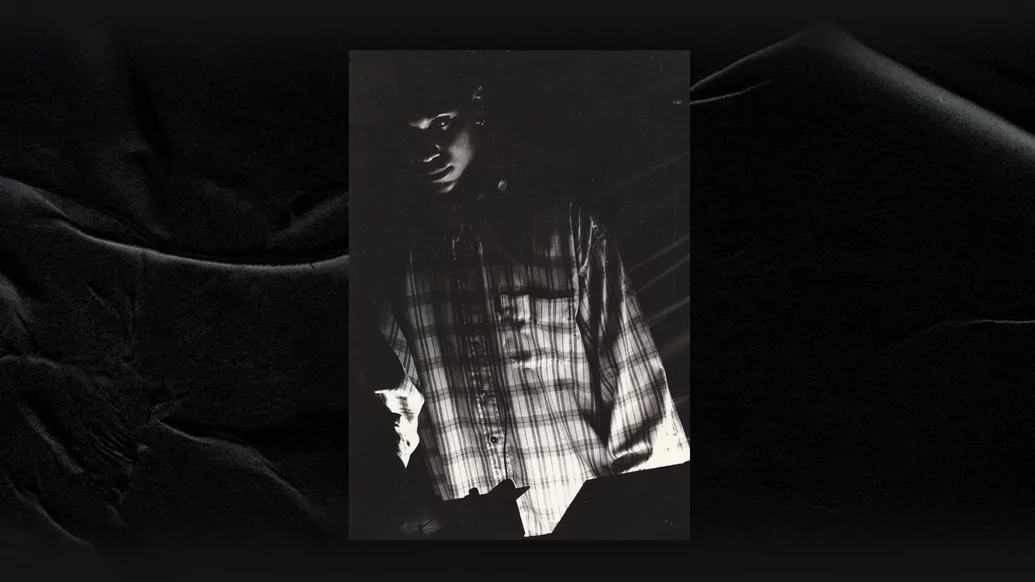
“This record means more to people than I ever thought it would. It’s a timestamp for [the city]. A reference point. For that moment of time, it made people feel a part of something”
The most instantly recognisable part of the track, the vocal hook of ‘A London Thing’, was inspired by a jungle recording from 1992 by Body Snatch called ‘Just 4 U London’. “I was out doing the raves and thinking, ‘We need a ‘Just 4 U London’’. Because it was a London thing.” Garcia knew MC Styles from jumping on his sets at gigs, so he invited him down to the studio to deliver the vocal. “We went into the studio, and it was just all wrong,” he recalls. “The vision that I had, and what was happening, it just wasn't marrying up.” They asked Styles to simply speak the words. Inspired by Armand Van Helden’s ‘Funk Phenomena’, they set to work cutting up the spoken word vocal take. “That was the most beautiful part of it, because that started the whole vibe of the record, everything just became a bit choppy. And the Armand Van Helden record gave me my hook. If ‘Funk Phenomena’ never happened, ‘A London Thing’ doesn’t happen.”
The track was produced on what Garcia describes as “ancient equipment”, including an Atari 1040ST and a Kurzweil sampler. “It’s a massive old PC; really low memory, and you used to have to save everything onto floppy disks,” he smiles. “So you'd have about five floppy disks with all the sounds on and a black and white screen.” Despite that, the studio that Lockett was working out of produced countless crucial garage tracks, including DJ Deekline’s ‘I Don’t Smoke Da Reefa’, the majority of Baffled’s material, and So Solid Crew’s seminal dubplate, ‘Dilemma’.
Despite describing Lockett as “the grumpiest happy person” he’s ever met, Garcia says his impact upon him as a mentor is huge. “You can hear his influence on the records,” he explains. “And I’m cool with that. Nathan used his time with us in the studio educating us. He loved sampling. And that’s where I learnt the craft. [His] sampler had 99 filters on it, which at that time was out of this world. He was a bit of a don with it. He, bit by bit, taught me by [us] making tunes [together].” Originally recorded as the intro track for Garcia’s sets, it didn’t take long for other DJs to start asking for a copy because of the crowd reactions it garnered. Taking the two things as a sign, he went back into the studio and re-recorded the version we know now, removing his name, and submitted it to Alphamagic as his third single. They put it out as the debut release on Connected Records, and it began to make an impact.
“I was going into record shops and they were saying to me, ‘Bro, your record is just flying out!’ They’re repressing and selling,” he explains. “We fell out a bit because I knew for a fact that they were selling more than they were telling me. And I started getting loads of phone calls from different labels. This label came along and wanted to sign it to a major. I was a bit naive — I don’t regret a single thing that I did — but I signed another contract because they were fucking me around. I didn’t understand the business. Then they put an injunction in and we had a whole legal thing going on, which is why there’s never been a follow up to ‘A London Thing’. Alphamagic basically shut down the interest from the label.”
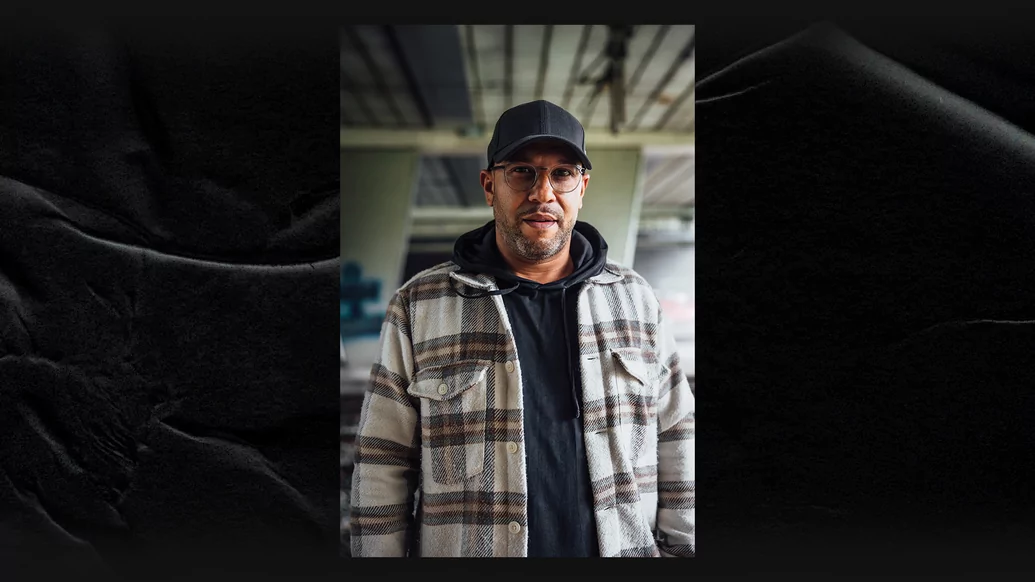
“I never thought I’d have an iconic record. I never even thought we’d have a video, never mind a record deal or to have this legacy. You could never foresee that. No one could. Not with a record like ‘A London Thing’. It’s got about seven words”
Despite the legal issues, Garcia had a hit record that was doing damage in clubs and quietly establishing its early popularity as a cult hit. MTV approached Garcia as they wanted to make a video for the record, with the now famous visuals shot at Notting Hill Carnival. With the video on heavy rotation, Garcia’s manager’s phone was ringing off the hook with bookings, and Styles was touring doing PAs. “We’re doing the news,” he laughs. “I was flying everywhere, being driven around: gigs, gigs, gigs. It was just mental for about two years.”
At the same time, UKG had blown up and become one of, if not the biggest sound on London’s dancefloors, while the track, and its message, started to take on a life of its own. A lot of Garcia’s gigs would involve being driven down the M4 to cities like Bristol and Cardiff. “Someone got up on the sign where it says, ‘London, however many miles’, and sprayed ‘It’s a London Thing’ graffiti.” There was a separate mural at Vauxhall Tube Station on the London Underground that he would pass when going record shopping in Wimbledon. “It was so surreal,” he recounts. “I never really took it in properly. Now I think back and [it] was crazy.”
The injunction stopped Garcia releasing music under his own name for a time, including a follow-up called ‘4 The Ladies’, which was eventually released as part of a limited vinyl run in 2020, before landing on Garcia’s album, ‘XXV’, in December. But, far from a one-hit wonder, he went on to work under a number of different aliases. Through arguably the most well-known, Corrupted Cru with Mike Kenny, he would help popularise the 2-step sound that acted as a precursor to grime and dubstep. By 1999, he’d bought a studio in Wandsworth Workshops, where he had recorded his early releases, using an advance from a publishing deal.
There, he built an empire, setting up his label Kronik Music to release his own recordings, as well as music by Shy Cookie, Timeless, Genius Cru and more. His studio saw artists including Oxide & Neutrino pass through, while So Solid Crew recorded much of their debut album there. Garcia also took over a pirate radio station called Flight FM, and ran his It’s A London Thing club night. “Every day, we were just bashing it out, man,” he smiles. “We were going hard, and making a lot of money. It was beyond all your dreams. At 19. It was a pretty wild place. At that time not everyone was operating as business-like as they are now.”
At its peak he hired five staff to work across two offices, including his brother who ran the accounts. “Then it all went to shit, man,” he recalls. “All of a sudden you had this negative vibe towards garage. So Solid were the obvious scapegoat for that. Even now people go, ‘So Solid killed garage!’ They didn’t kill garage. Every event was popping off. What killed garage was that there was a lot of trouble.”
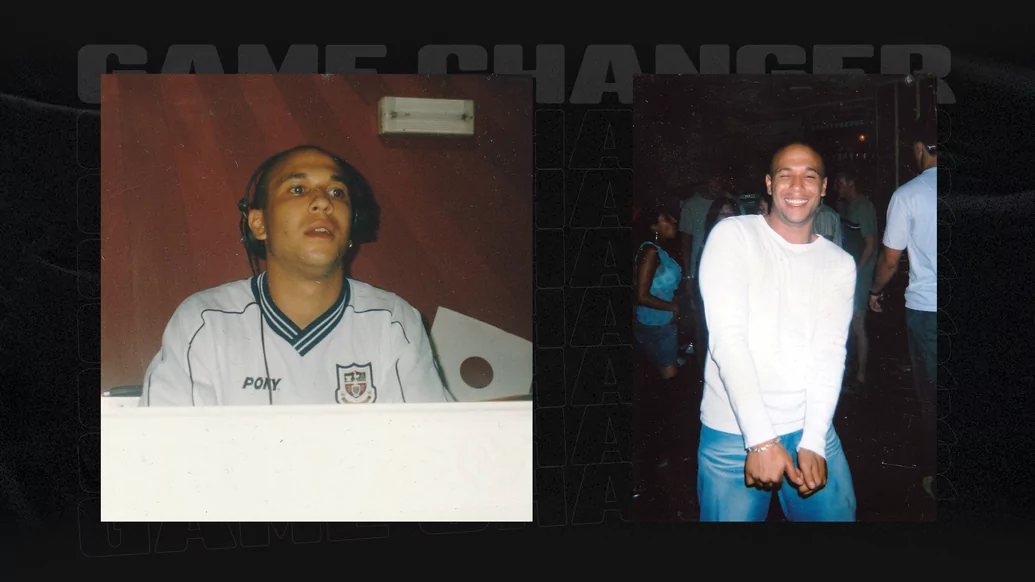
Garcia had to scale back his operations until it was just him again, at which time he had a break from the industry and took a job in sales, before returning to music in the mid ‘00s. He continues to run his It’s A London Thing parties, which he lovingly says are still “full of nutters”. And it’s the UKG crowd’s love for the music that keeps him connected to the scene. The track still demands a huge response to this very day. “Even more so when they’re away,” he laughs. “If I play ‘A London Thing’ to a crowd of Londoners in a foreign land — oh, my God!”
So what does he think the legacy of the record is? “This record means more to people than I ever thought it would,” he smiles. “I know it’s London, and we love London. I’m proud of being a Londoner. But it actually really means something. It’s a timestamp for [the city]. A reference point. For that moment of time, it made people feel a part of something. And it made them realise that this is our fucking thing. I like to think for that one moment, it put everything in one place. And from that we were able to grow. That record put its arms around the scene, and said, ‘I’m your record’.”
‘A London Thing’ has gone on to be used in countless advertising campaigns, including one for Nike and as part of the launch of the .london web domains, and in 2012 was re-released by the legendary Ice Cream Records to coincide with the London Olympics. “I never thought I’d have an iconic record,” he beams. “But it is an iconic record. Even though I’ve been through years where I’ve hated the record, I’m very proud of the piece of work it is, and what it stands for. I never even thought we’d have a video, never mind a record deal or to have this legacy. You could never foresee that. No one could. Not with a record like ‘A London Thing’. It’s got about seven words. It still blows my mind every day. It’s been a mad journey.”
